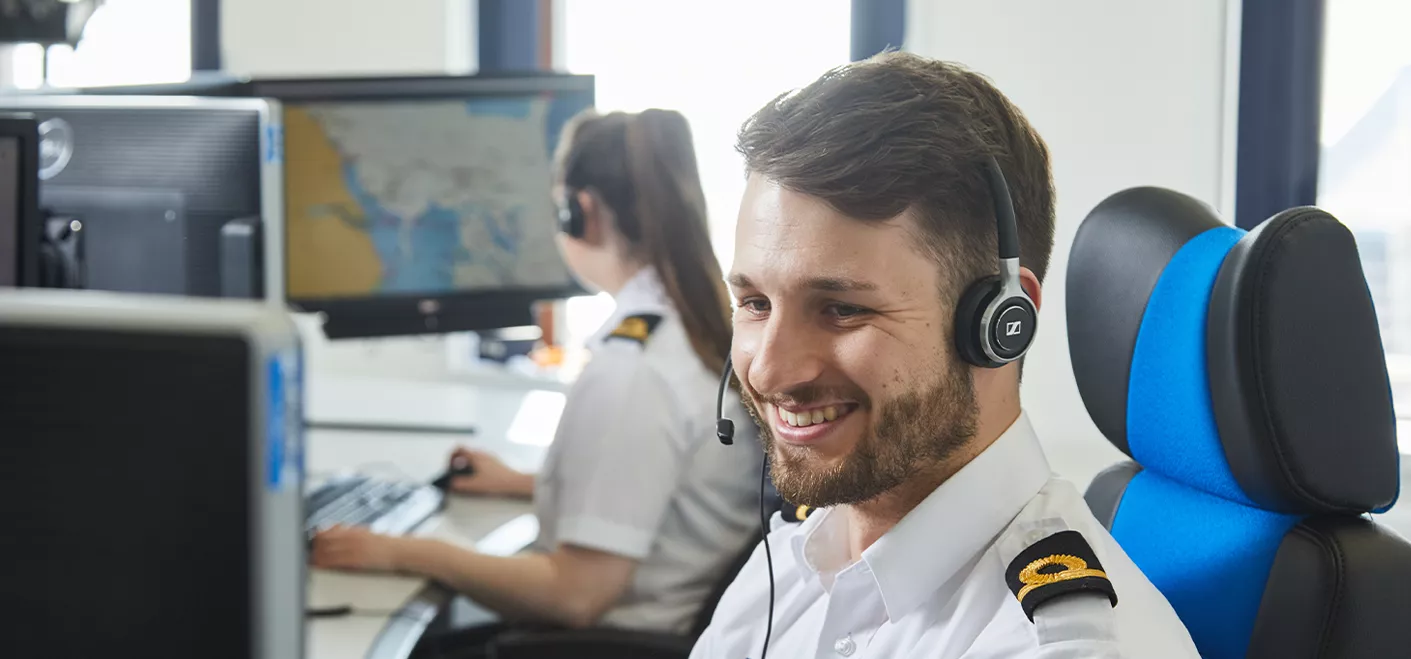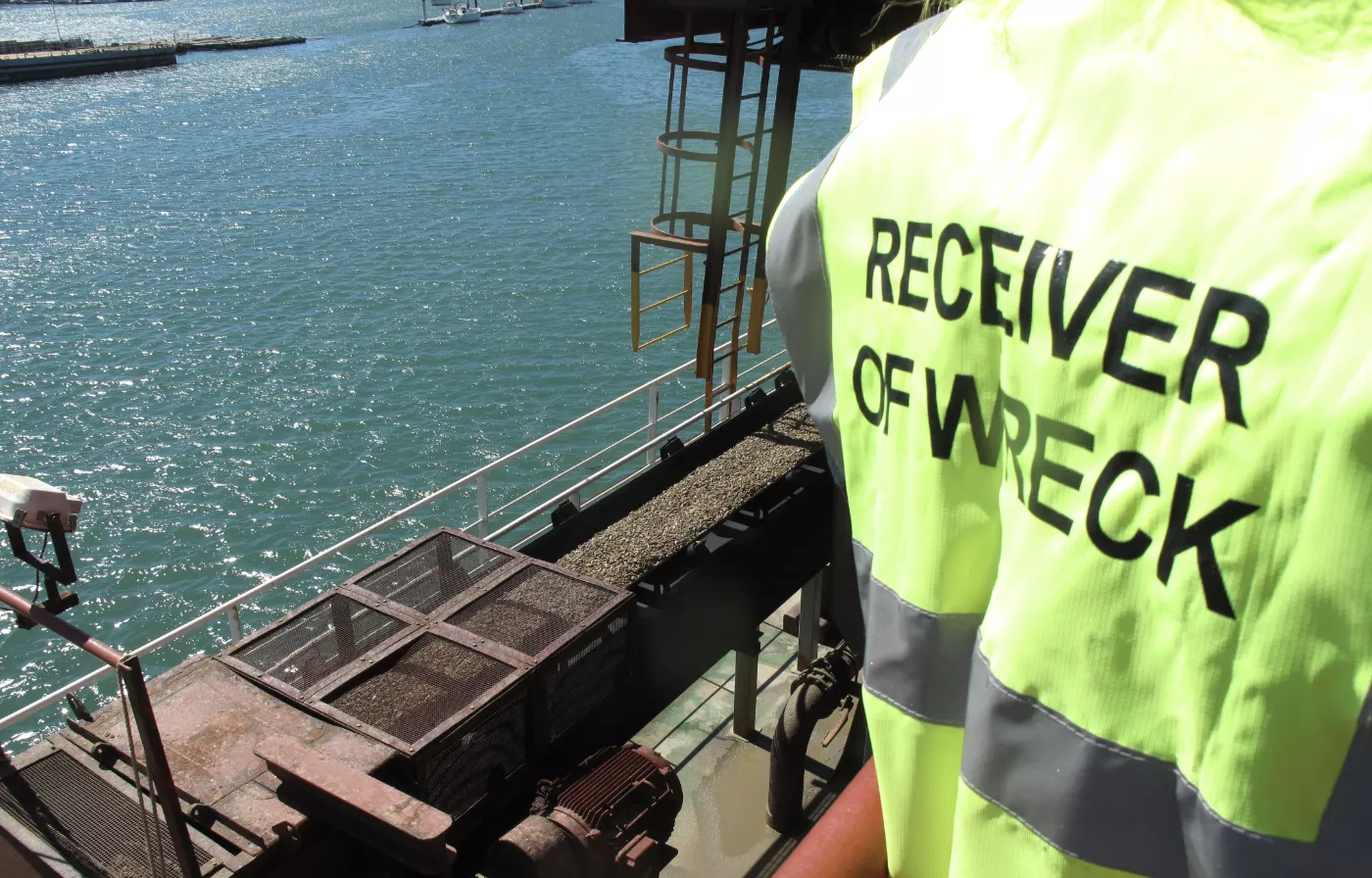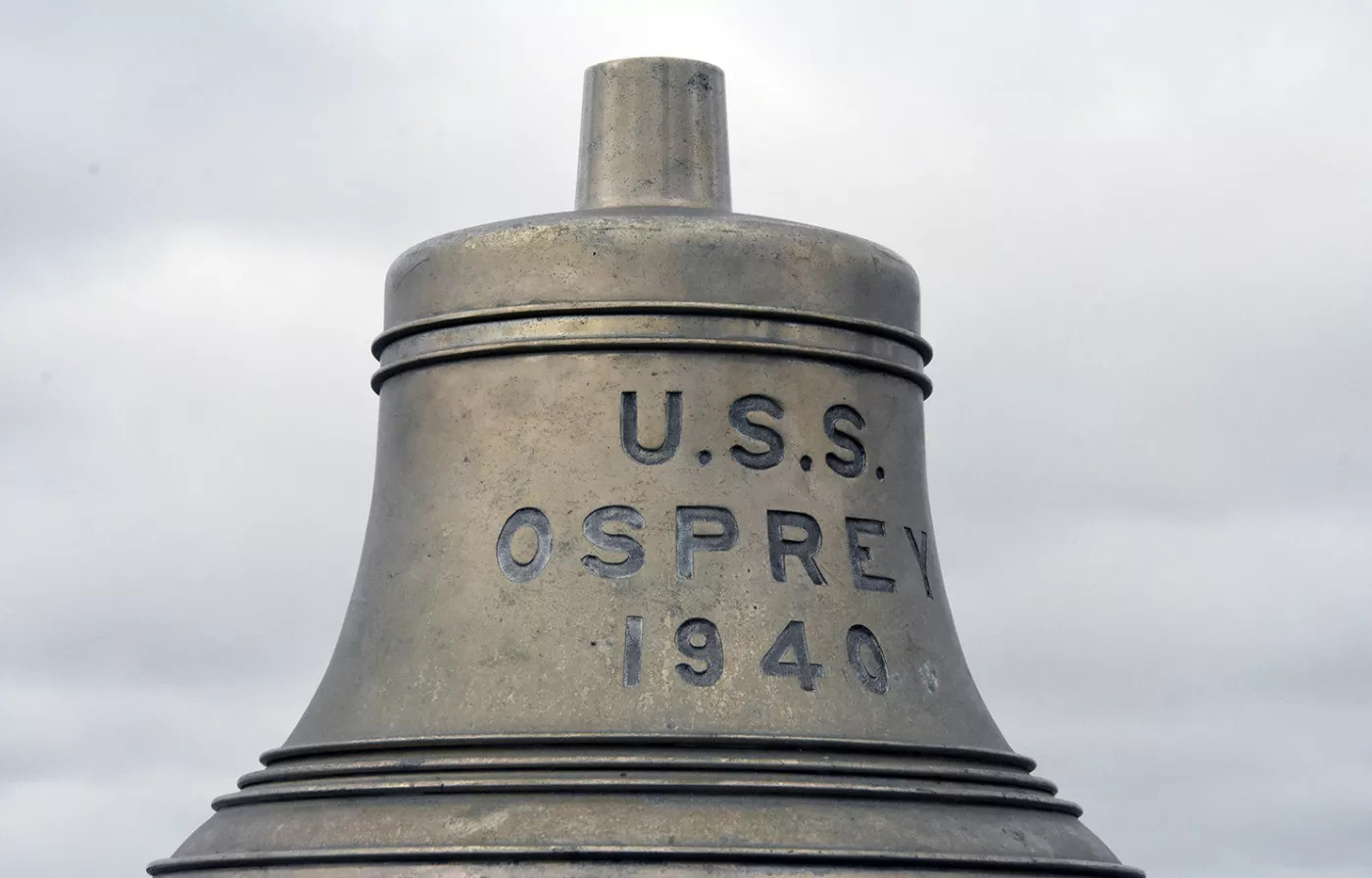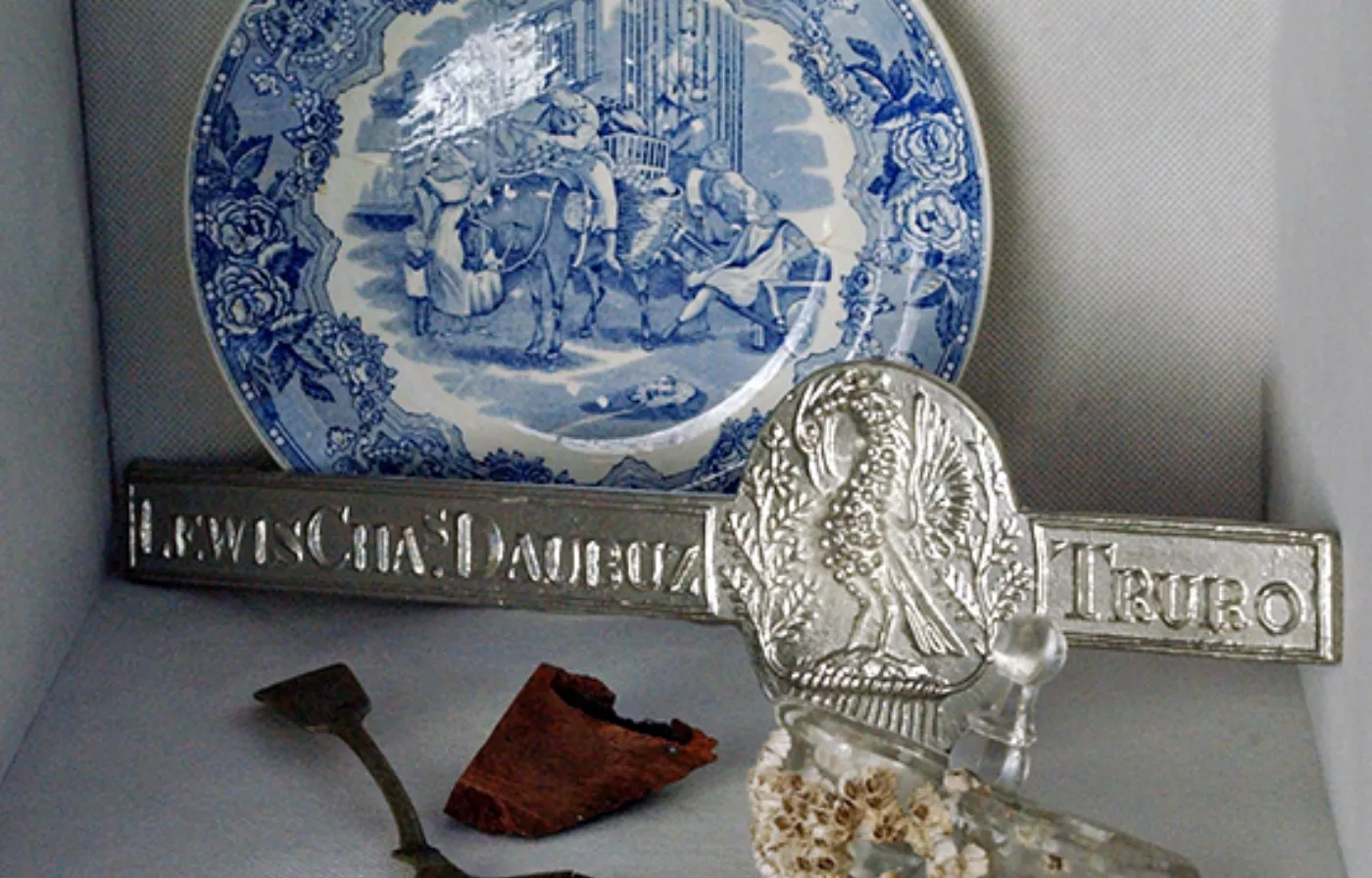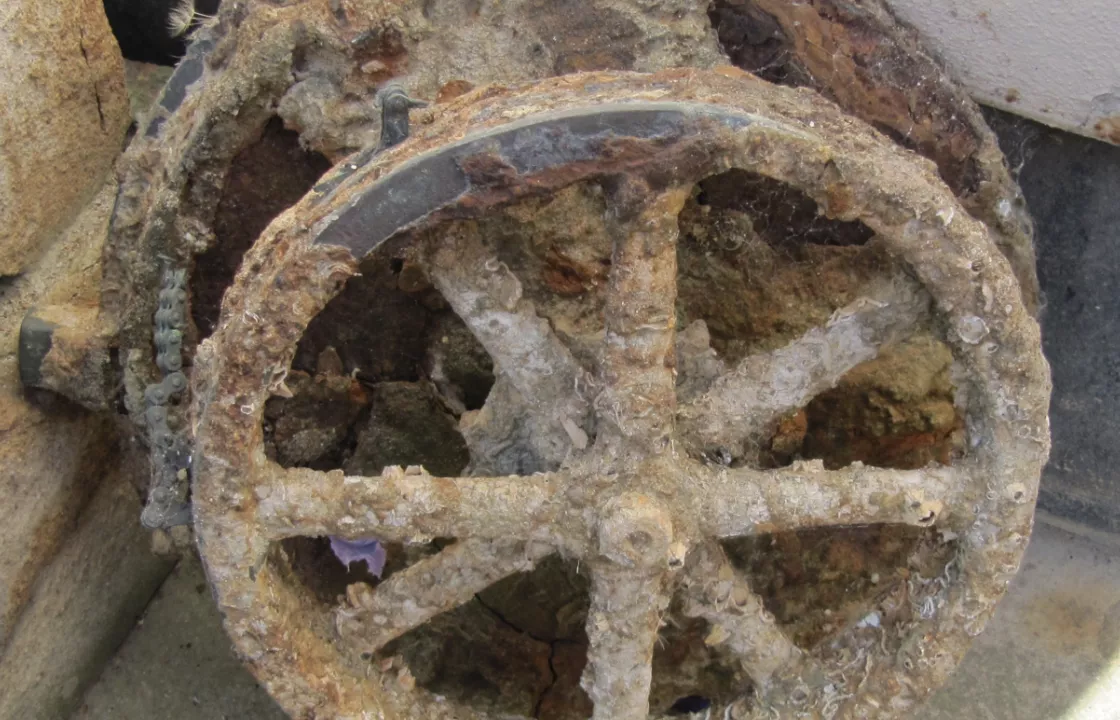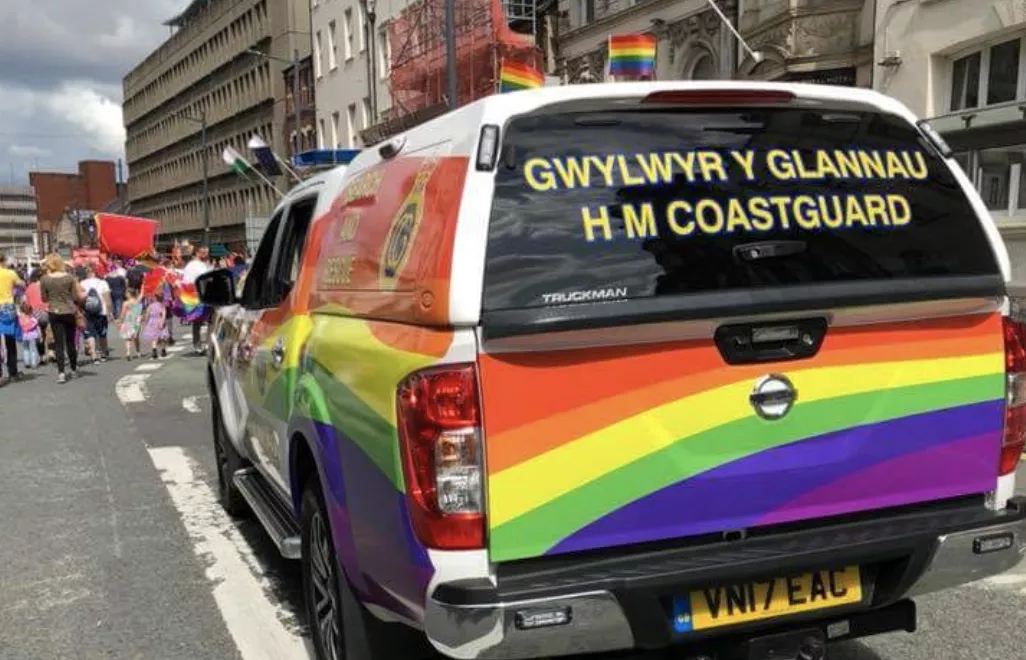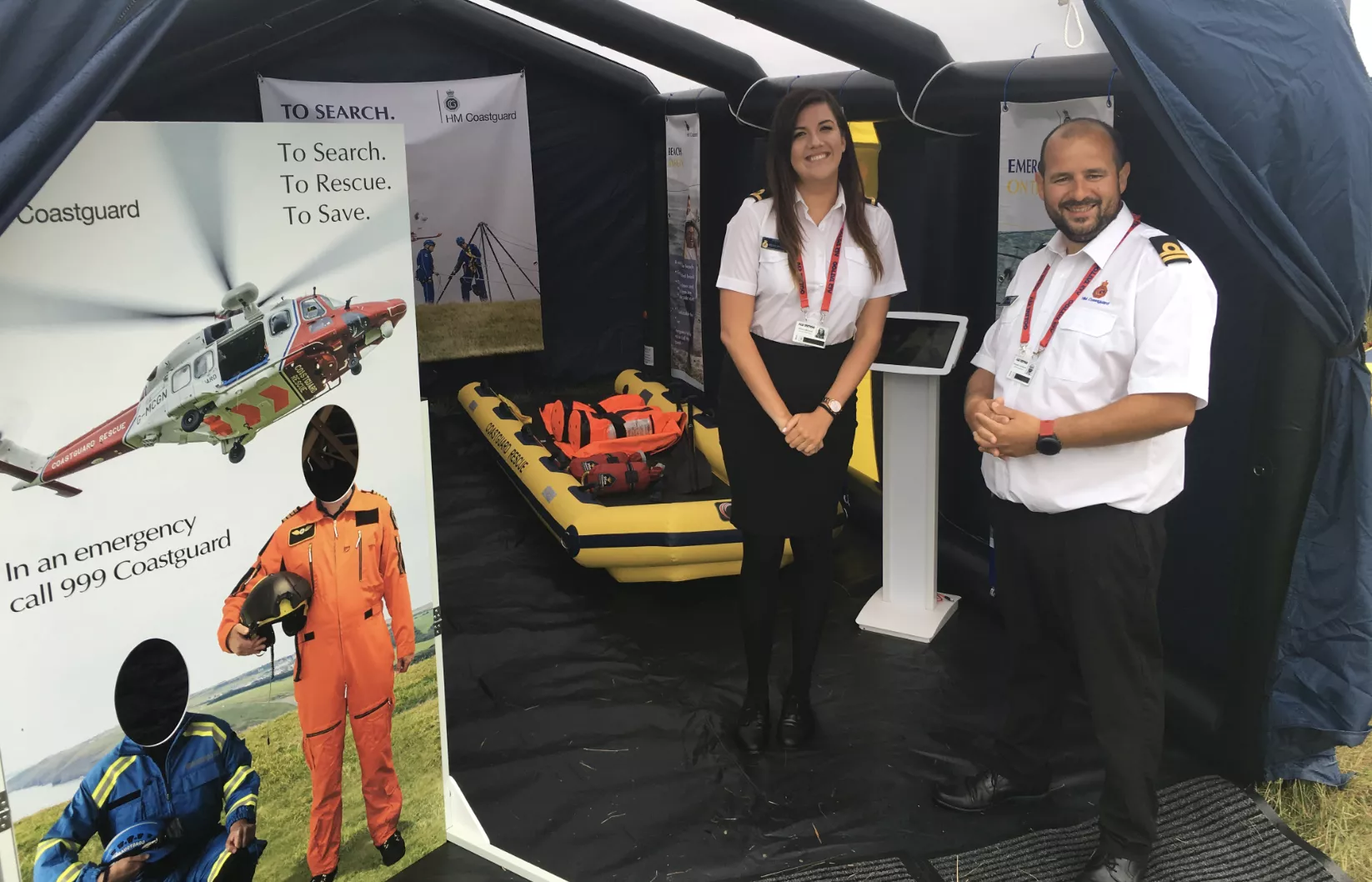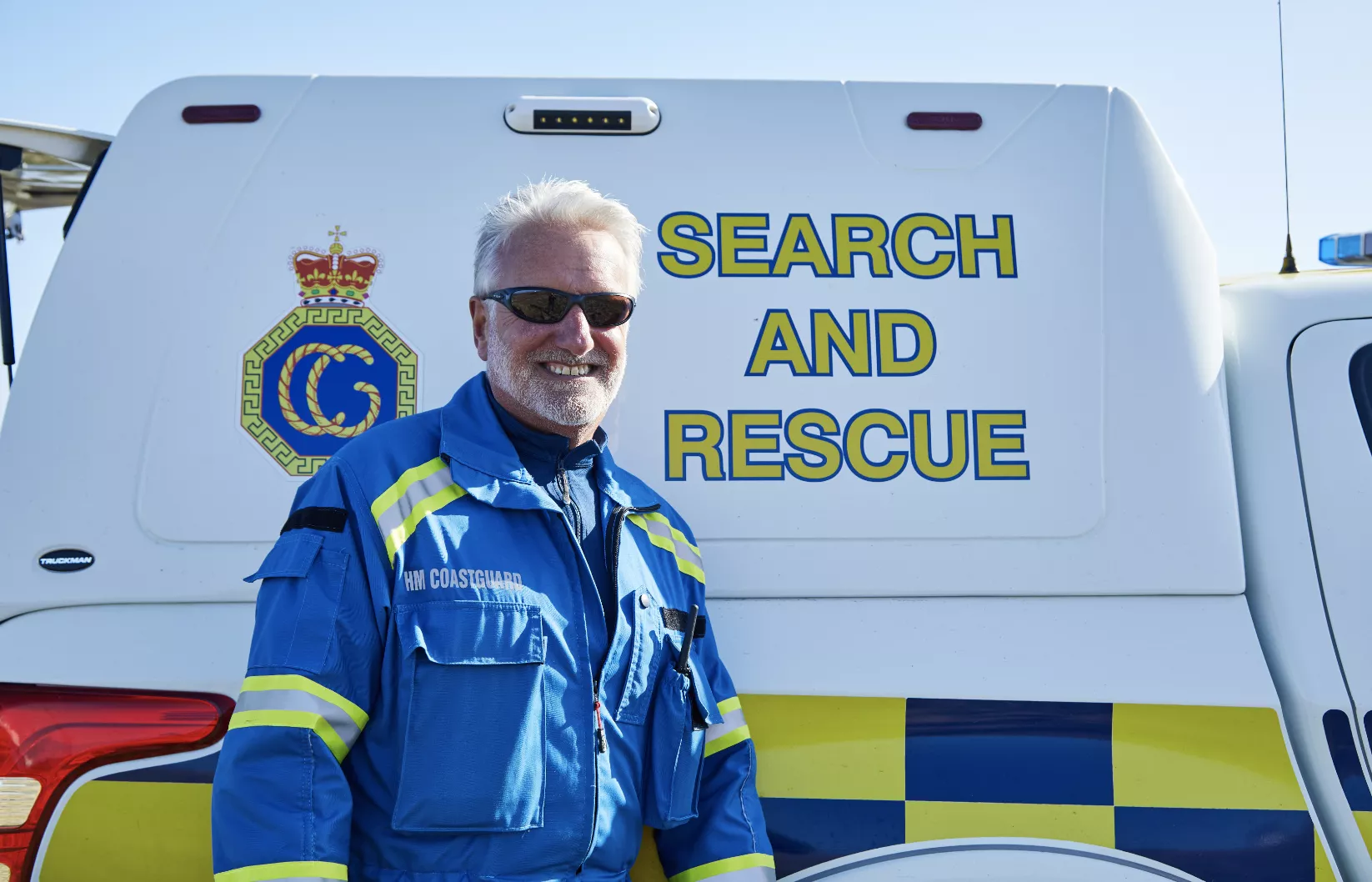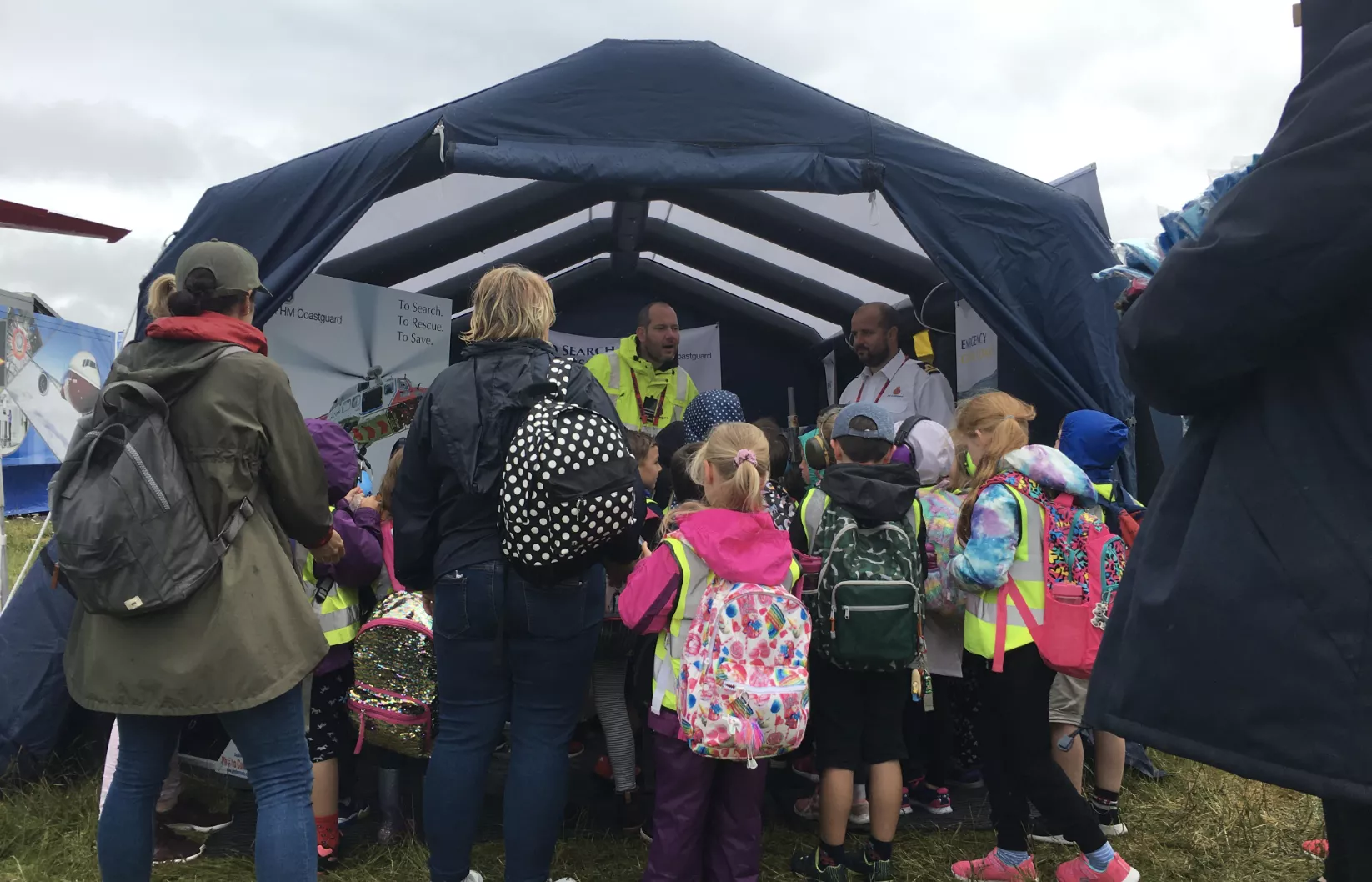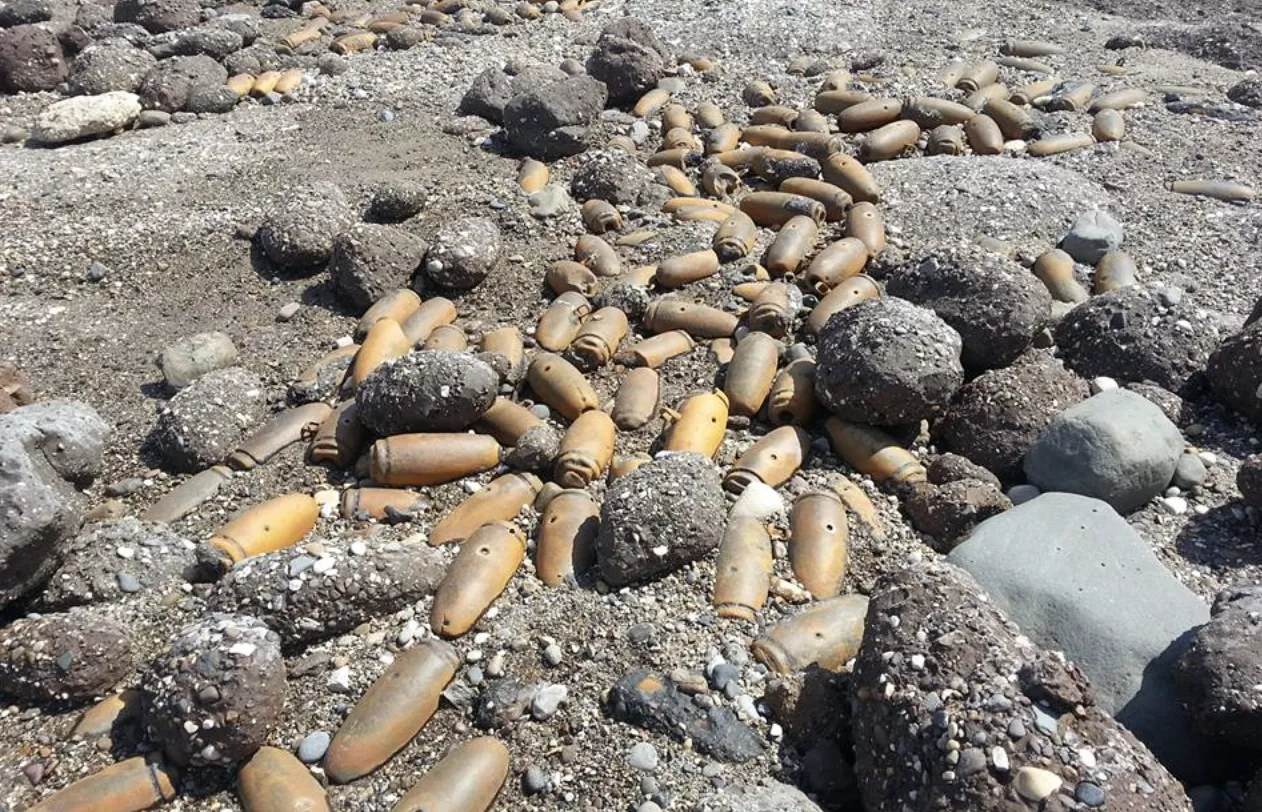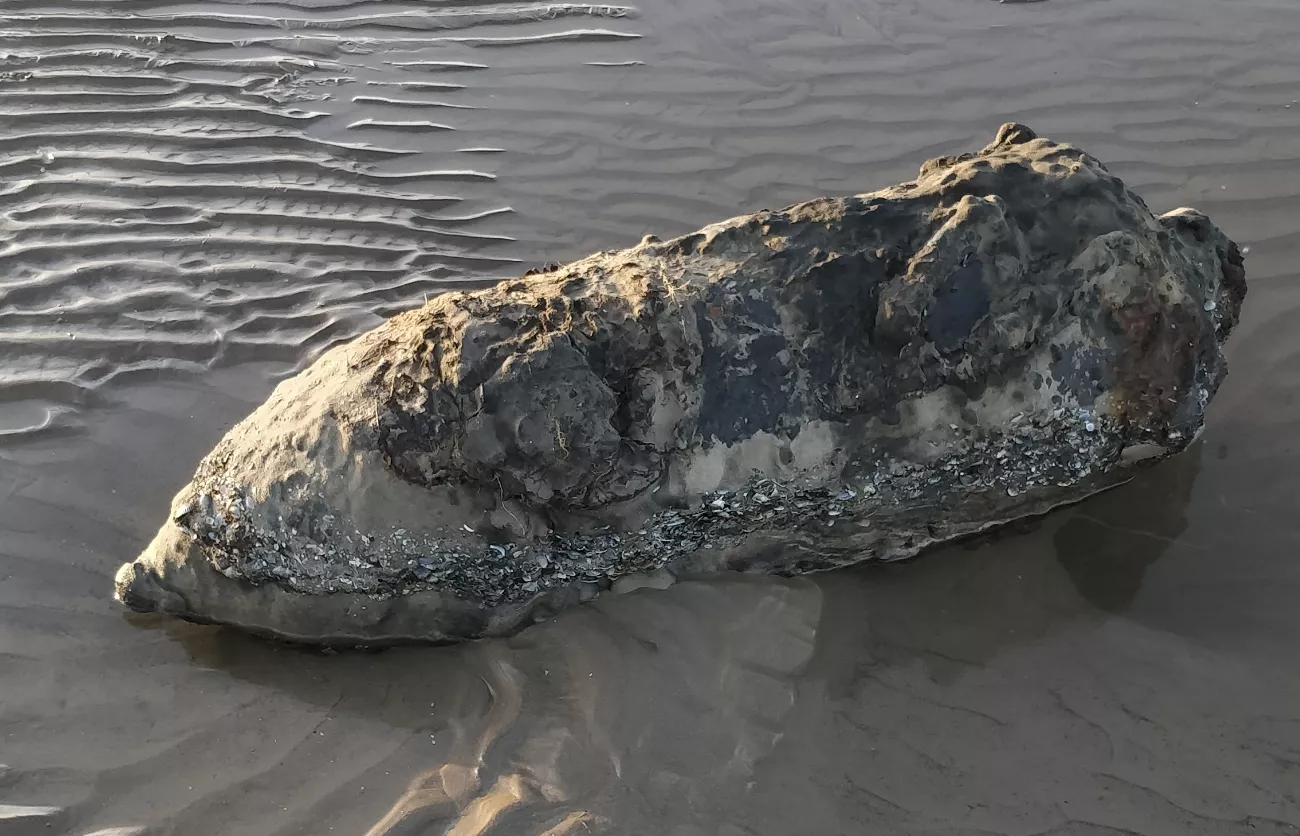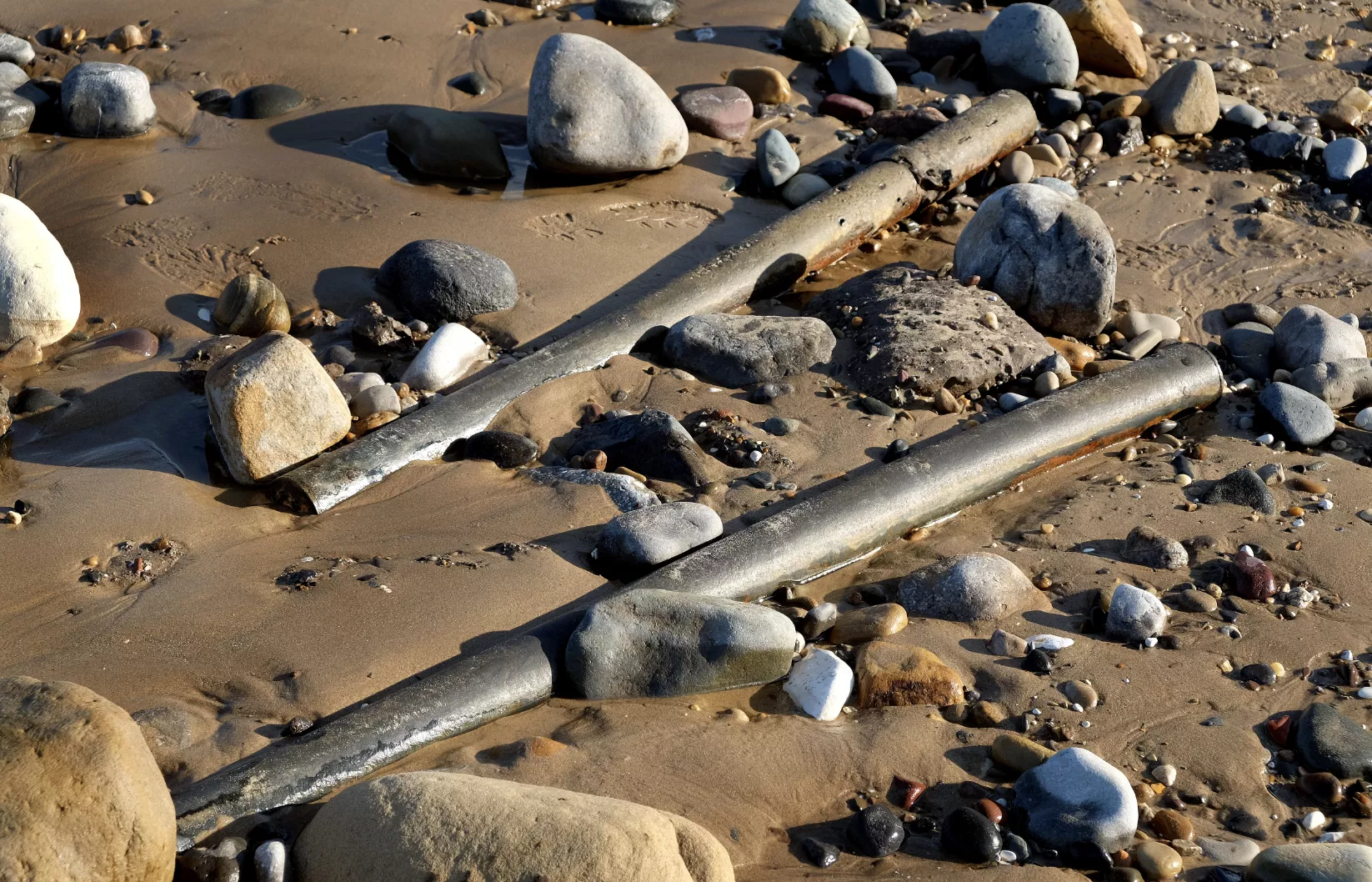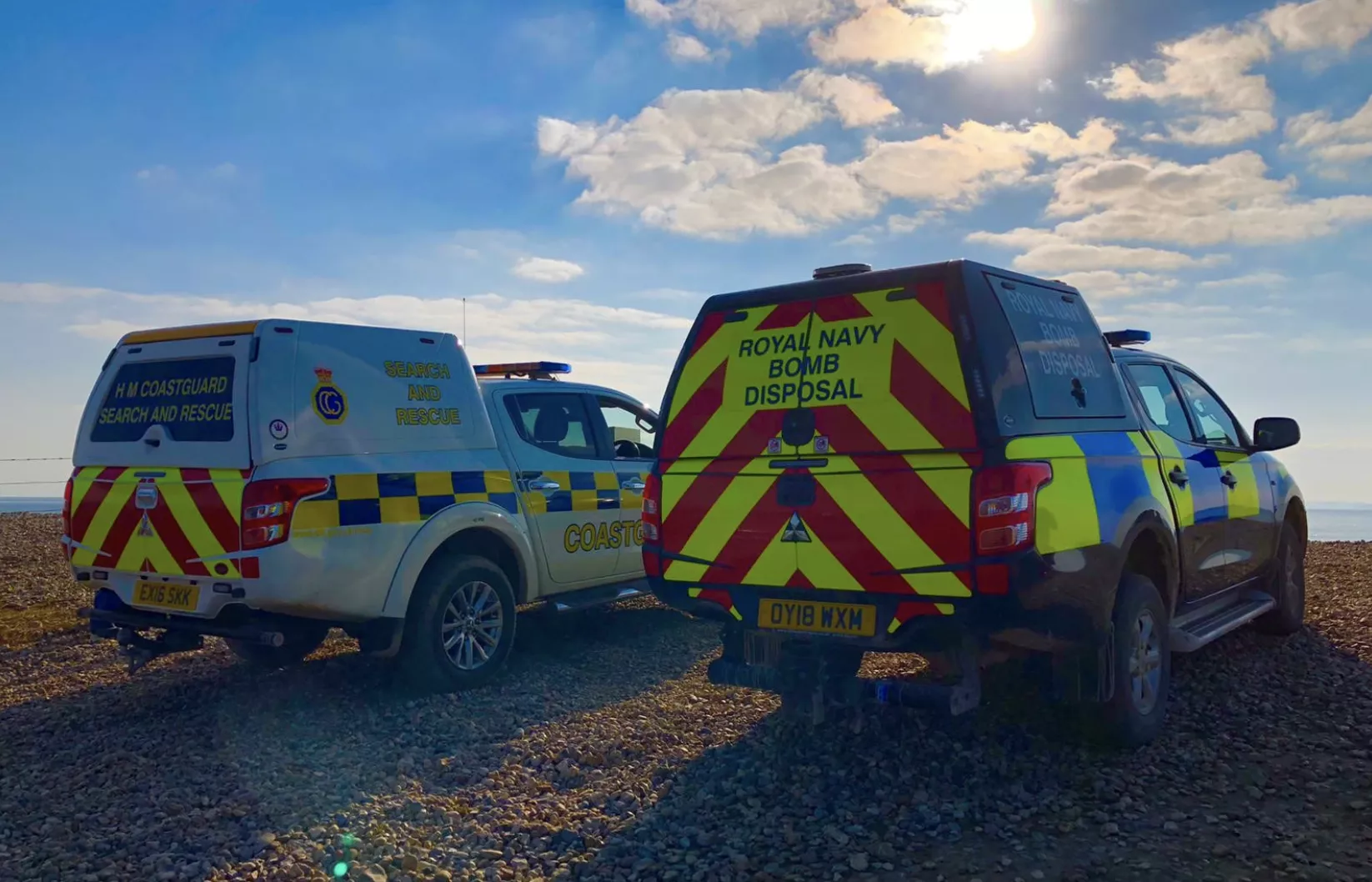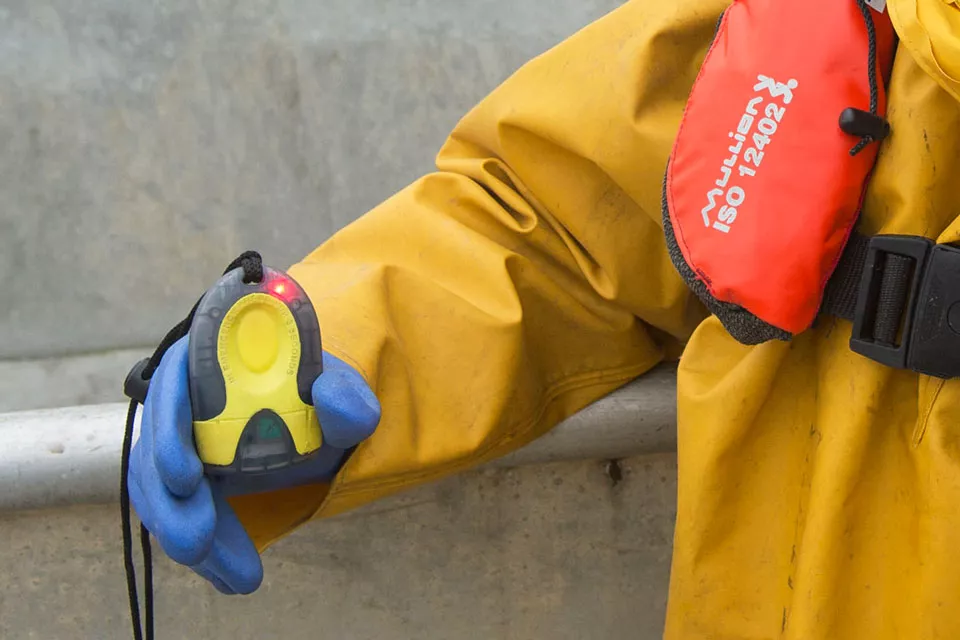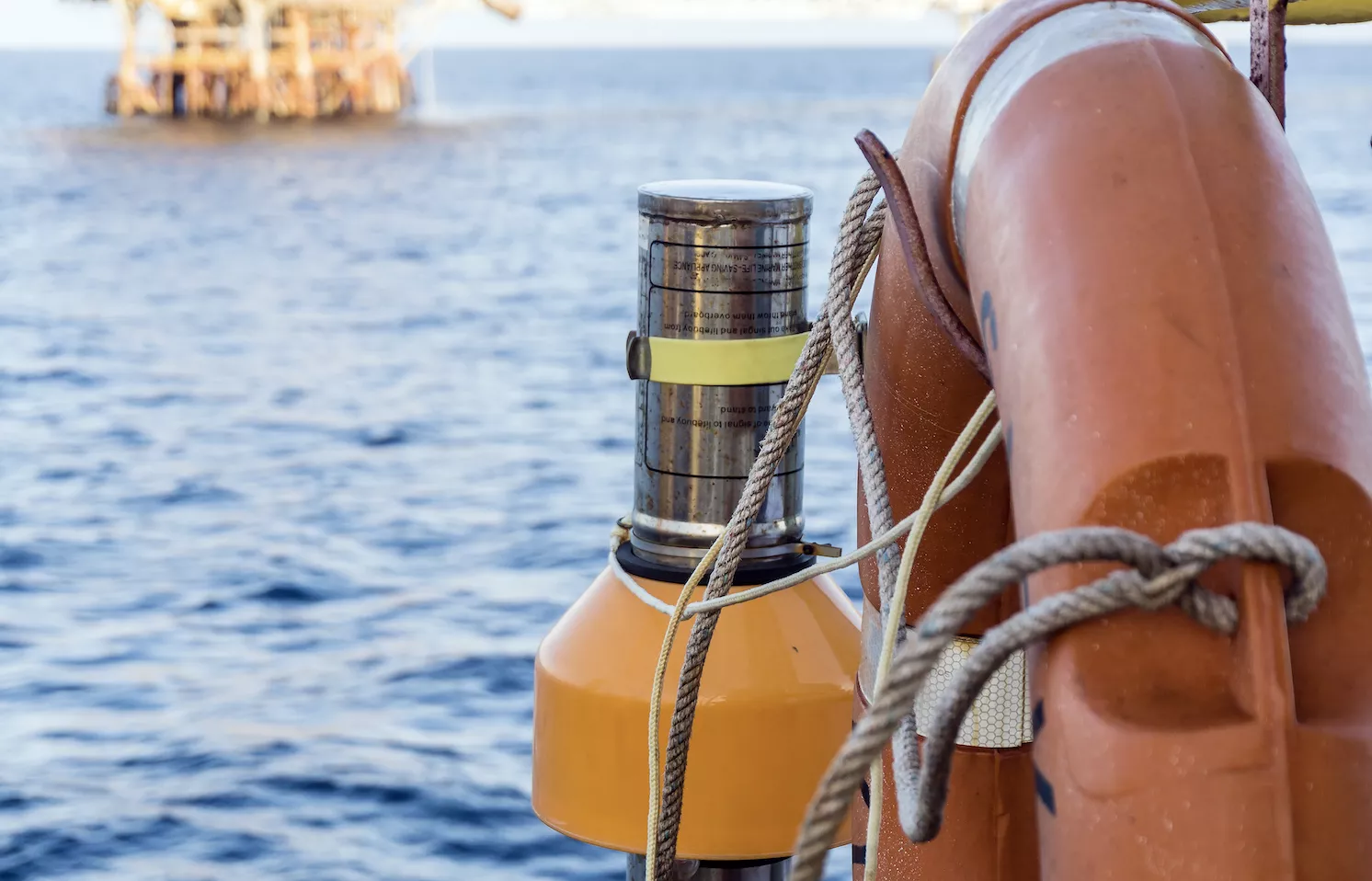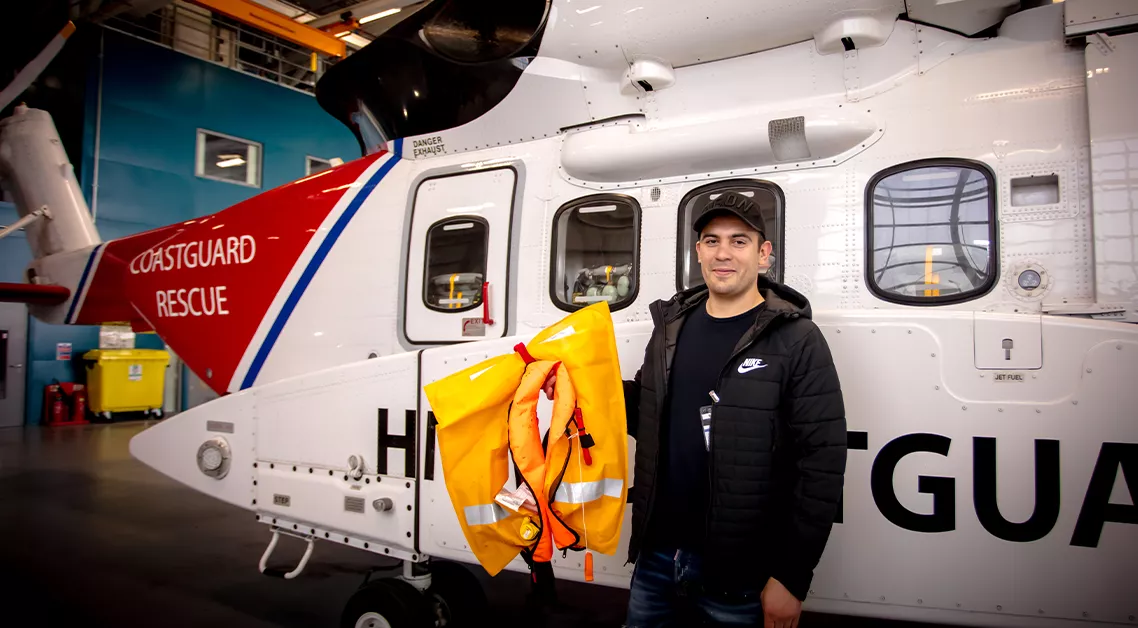What you need to report
If you recover wreck material, for example parts of a ship or its cargo, you must report it to the Receiver of Wreck within 28 days.
If you do not report it within 28 days, you could be fined £2,500. Reporting wreck material gives the legal owner the opportunity to have their property returned.
What counts as wreck material?
Wreck material includes things found on the seashore or in tidal water that have come from a ship, aircraft or hovercraft (vessels). This could be parts of the vessel, its cargo or equipment.
There are 4 main categories:
- Flotsam - goods that have remained afloat after being lost from a ship that has sunk
- Jetsam - things that have been cast overboard from a ship that was in danger of sinking
- Derelict - property that has been abandoned at sea without hope of recovering it, which could be vessels or cargo
- Lagan - goods that have been buoyed (so they can be recovered) before being cast overboard from a ship that then sinks
Wreck material does not normally include:
- Boats that have come off their moorings
- Buoys, like marker, data, or mooring buoys (unless part of fishing equipment)
- Fishing nets
If what you’ve found is not from a vessel, it might be officially defined as treasure. You must report treasure to the local coroner within 14 days of finding it.
Contact the Receiver of Wreck if you’re not sure whether something is wreck material.
Reporting wreck material
To report wreck visit Report wreck material - GOV.UK.
